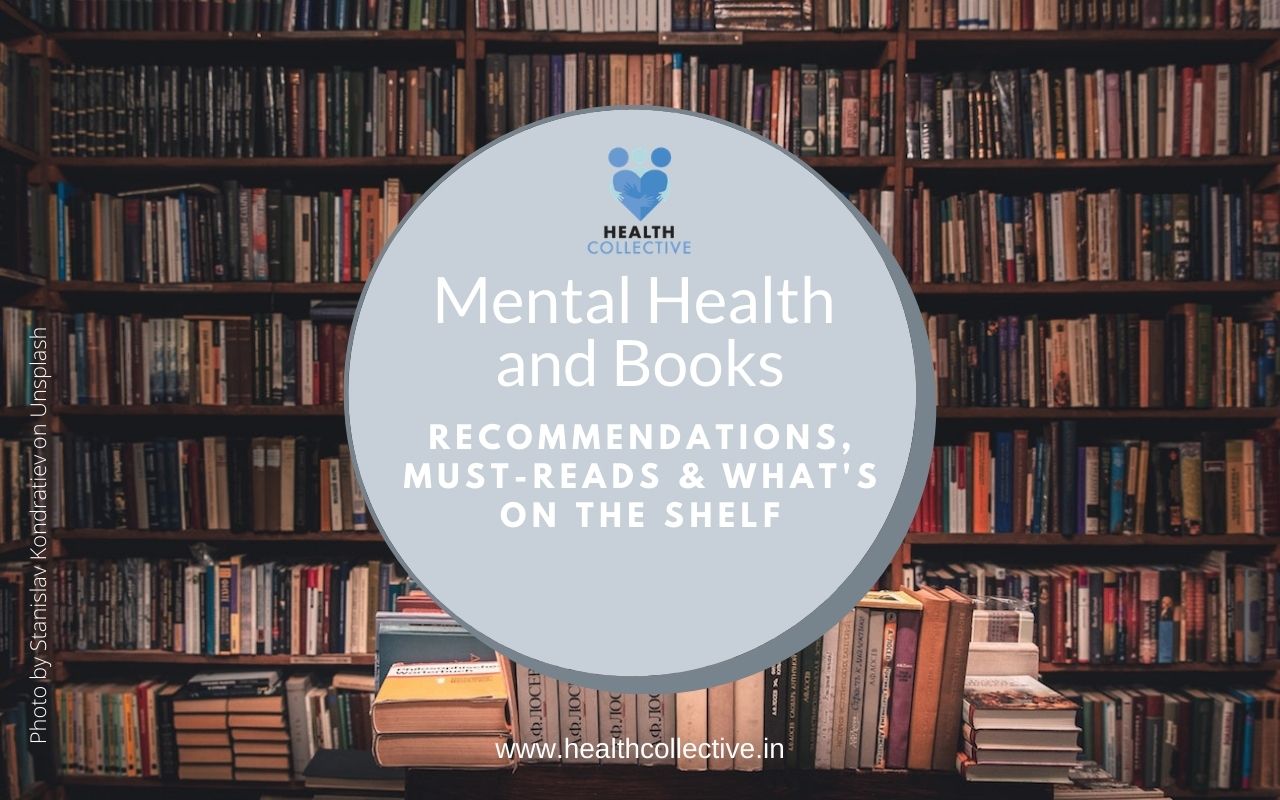Understanding Therapy: Are You Looking For a Quick Fix?
By Kamna Chhibber
The thing with a lot of people seeking therapy is that they wait for a crisis to emerge, which needs urgent resolution. This often translates into the need for a quick appointment, something that is available the same day or the very next day, accompanied by the provision of some magical solution by a therapist who would have met this person for an hour at the time. If that is what you are seeking then you are placing yourself in the wrong situation in front of, perhaps, the right expert.
ALSO READ: IS THERAPY FOR EVERYONE?
When it comes to therapy there are no quick fixes. There are also no easy solutions that are apparent on Day One of your meeting with your therapist. And if that is throwing you off and is becoming a parameter on the basis of which you make a judgment about the effectiveness and efficacy of your therapist and the therapeutic process then you are making a mistake. The approach you need to adopt is a complete contrast to what I mentioned above.
Let’s take a look at the approach that you can utilise to your maximum benefit instead:
- Don’t go looking for a solution – The job of your therapist is not to give you a solution. People raise concerns about the creation of dependency on a therapist in their work together. However, this would only be possible if you enter therapy not seeking solutions for every problem you experience. What you need to seek instead is awareness of what you do, understanding of what makes you do it and mechanisms through which you can either entrench or extricate yourself from continuing to do things in this manner.
- Develop an understanding of the process – Embark on a journey with your therapist where you attempt to find a process that can facilitate your reaching solutions on your own. Utilising your therapist as a sounding board, a mirror and a support system is far more beneficial in the long run. Your therapist can and will provide solutions if a situation emerges, but making choices on your own will help you build your skills and confidence.
- Change is not easy – Any process of change is difficult and taxing. More often than not there is continuous back and forth between the new and the old ways of being and doing things. Don’t get rattled when you go back to your old patterns. Instead remember to circle back to your new approach and give yourself a pat on the back for being able to identify where you faltered and ability to turn it around as well.
- Be mindful of every movement – In attempting to change and develop the new skill set be patient and manage your expectations better. Be mindful of each step that you take in shifting your approach and remember to reinforce the changes that you do implement successfully. Awareness and reinforcement are critical mechanisms that help implement and internalise the changes.
- Prepare for the long haul – Whether it is you, your partner, family or friends – questioning the duration of the process is unhelpful. It is prudent to have a long-term horizon as far as therapy is concerned. In taking this approach you will find yourself being able to more fully embrace and implement what you seek from therapy. You may think things are not moving or that you stuck. Don’t hesitate to discuss this with your therapist and see if you can together come up with some solutions.
- Most importantly reach out before the crisis reaches you – The need to reach an expert before you are in the eye of the storm cannot be emphasised enough. Your therapist does not have a magic wand or a spell (s)he can incant which would be able to remove you from your crisis immediately. So try to make an effort to reach out before you are reaching the end point to give yourself and your therapist enough time and space to be able to remedy situations before they become too critical.
Reaching out, contacting a therapist, finding the right fit and then maintaining a consistent interaction can all be very difficult. But if you enter at the right time with the right expectations the likelihood of the beneficial effects of therapy reaching you sooner are much higher.



